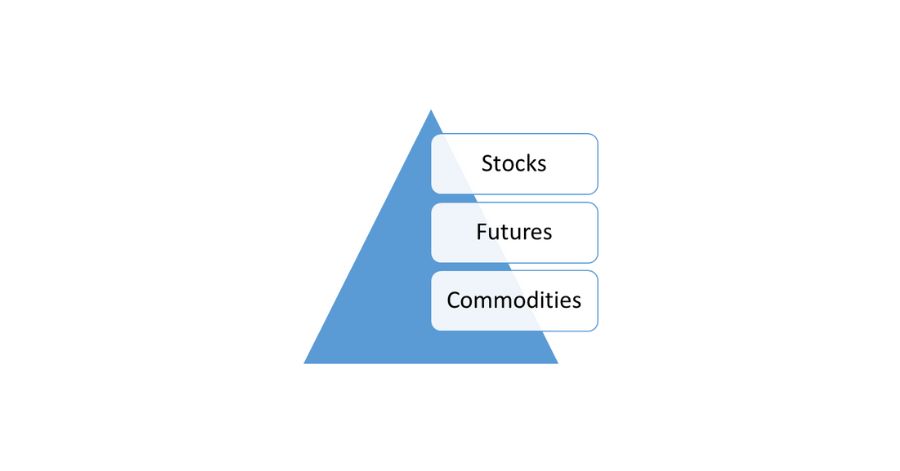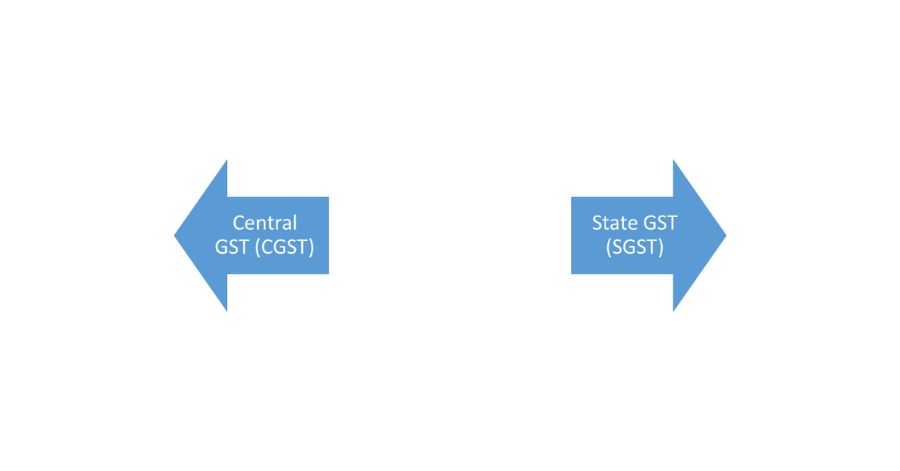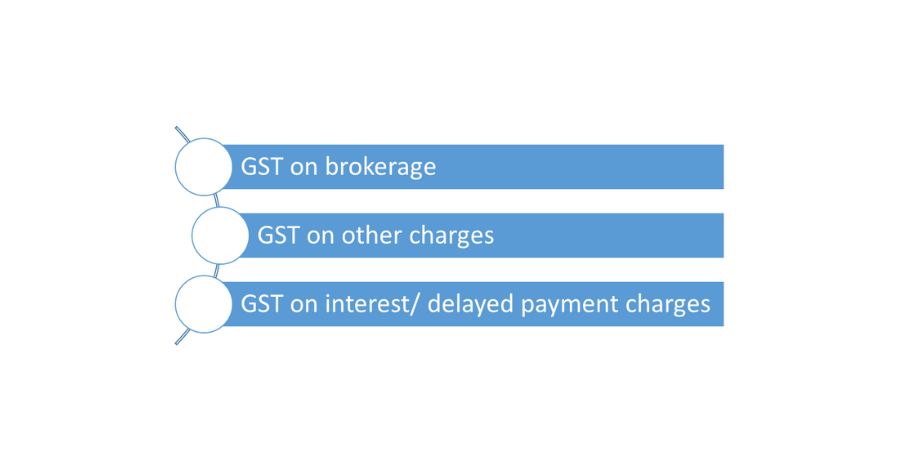- GST stands for goods and services tax.
- It is a tax that is not direct but indirect on the supply of goods and services in India.
- Since coming into effect in 2017, GST has become an integral part of our economy.
Understanding GST rates
There are different types of trade that come under the purview of GST.
They are as follows:

- GST rates will be applicable to all of the above, but the method of calculation will surely depend on the type of trade and traders involved.
- Currently, trade applies to two different categories of GST rates.
They are as follows:

- The government and the GST council will be determining the rates for the CGST and SGST, which will also vary from state to state.
- IGST (Integrated GST) will be payable on interstate trades, which is also a combination of both CGST and SGST.
The detailed criteria for all the different GSTs
CGST:
- CGST is levied by the government for the supply of goods and services within a state or a union territory.
- CGST stands for Central Goods and Service Tax.
- It is one tax that has also replaced many indirect taxes that were formerly imposed by the central government, such as excise duty, service tax, and central sales tax.
SGST:
- SGST is a state goods and service tax that is imposed by the state government on supplies within the state or union territory.
- It is replacing earlier taxes at the state level, such as value-added tax (VAT), entertainment tax, and luxury tax that were in force prior to the implementation of GST.
IGST:
- This GST is for interstate supplies of goods and services within India.
- It is charged by the central government but is shared between the central and state governments with a predetermined formula.
- IGST will help in sustaining a smooth movement of goods and services across state boundaries, which will also eliminate problems of double taxation.
What are the different GST rates?
- The GST council, which consists of the finance ministers from the central and state governments, will fix the GST rates.
- The council will also frequently review and change these rates on various grounds, such as revenue needs, inflation, the economic situation, and the demand of the industry.
- The main intention here is to keep a fair tax structure while facilitating commerce and advancing the economy.
- GST is also applicable to various charges related to share trading.
The main key points are as follows:

GST on brokerage:
- Brokerage services are charged as GST in the share trading activity.
- The rate here is 18% of the total cost of brokerage, and this will also include transaction charges.
- This will mean that for every transaction, the broker’s fee and transaction charges are subject to 18% GST.
GST on other charges:
- Stock brokers will not charge GST on recoveries such as stamp duty or the STT.
- The condition attached here is that they should meet the criteria of a pure agent as per Rule 33 of the CGST Rules, 2017.
- Also, these charges are not subject to GST.
GST on interest or delayed payment charges:
- Interest or delayed payment charges for the late payment of the brokerage amount, settlement obligations, or margin trading facility are not subject to GST.
- If the trader pays late, then the additional charges incurred will be exempt from GST.
Factors influencing GST charges:
- Section 2(52) of the GST Act will define goods as any movable property.
- This will exclude money and securities, which are specifically excluded from the definition.
- Securities are shares, scripts, stocks, bonds, debentures, debenture stock, or other marketable securities of a like nature in or of any incorporated company or any other body corporate.
- So, this will also mean that there is no GST levied on the sale value of traded stocks.
- GST is liable at brokerage, currently at 18%.
How do I calculate GST on share trading?
- The calculation of the GST charges on the trades is a very simple process.
- The computation of the GST amount will use a percentage of the brokerage fees.
- A base rate of CGST and SGST is used to calculate this based on the amount of brokerage, and then this will be added to the total cost of a trade.
- For example, Mr. A has sold 10,000 shares of stock X at Rs. 10 each.
- In this case, the total value of the trade will be Rs. 100,000.
- Now, let us consider various costs, such as STT, brokerage, etc., that are lined up with trading, which come to approximately Rs. 2000.
- Hence, the GST will be applicable to Rs. 2000 and not to the entire transaction value
- Now, suppose that you were to earn a profit of Rs. 20,000 from executing this trade, and the shares that were being bought were at a cost of Rs. 80,000.
- Then, the net realizable profit would be Rs. 17,640 instead.
- Thus, the total cost will be 2000 x 1.18 = 2360, and the total amount that is receivable from the broker for the trade is Rs. 97,640.
- Trading costs will at times eat up your profits, so one should be aware of what he or she has to pay.
Conclusion:
It is very important to understand how GST will affect share trading for better decisions.
Frequently Asked Questions (FAQs):
Q1) How is GST calculated in share trading?
The rate of GST on the share market is 18%, combining 9% CGST and 9% SGST.
Q2) Is GST applicable to the trading of shares?
Trading in shares and securities is not considered a supply as per the GST Act and hence will fall outside the purview of the GST.
Q3) Do you pay GST when you sell the shares?
The sale by the seller of the securities in the entity that carries on the business will be an input-taxed financial supply or GST-free supply.
Q4) Do day traders pay GST?
If you are registered for GST, then you must charge and collect GST.
Q5) What is GST in trade?
GST is an indirect tax that is levied on the supply of goods and services in India.
About Us
Nifty Trading Academy is our academy, where we teach you about the stock market as well as technical analysis. We also provide a live trade facility and upload blogs for the same.
